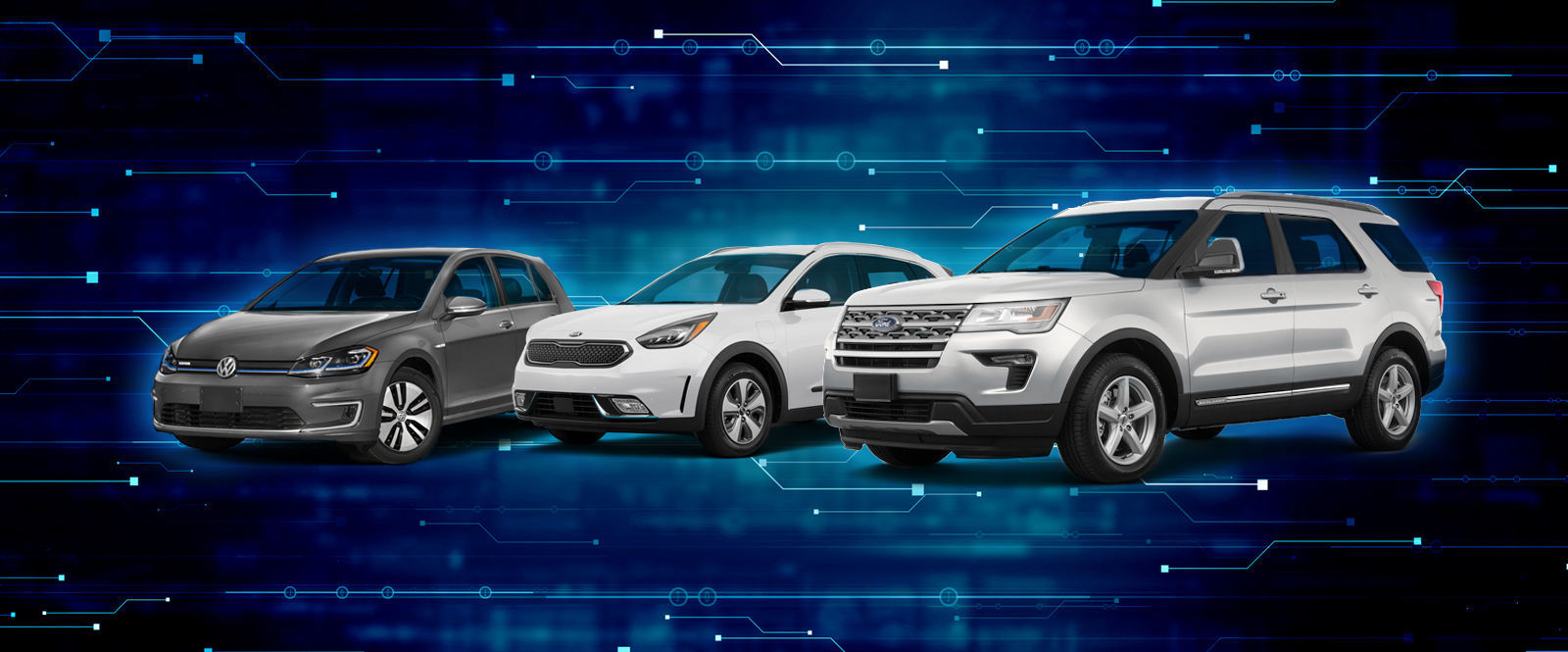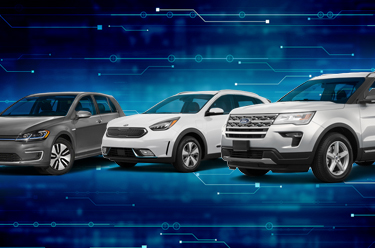
COMMON ELECTRIC VEHICLE REPAIRS

While electric vehicles (EVs) generally have fewer moving parts and require less maintenance compared to traditional gasoline-powered vehicles, there are still some common repairs that may be needed. Here are some examples:
Battery Maintenance or Replacement: The battery pack is a crucial component of an electric vehicle. Over time, the battery's capacity may degrade, impacting the vehicle's range. In some cases, the battery may need to be replaced. However, modern EV batteries are designed to last for many years, and most manufacturers offer warranties for a certain number of miles or years.
Electric Motor Issues: Electric motors in EVs are typically reliable, but they can develop problems. Issues may arise with components such as the motor controller, cooling system, or drivetrain. Repairs may involve replacing faulty parts or addressing cooling system malfunctions.
Charging Port or Cable Repairs: The charging port and cable are essential for recharging the vehicle's battery. Damage to the charging port or cable, such as broken connectors or frayed wires, may require repair or replacement.
Brake System Maintenance: While EVs use regenerative braking, which reduces wear on the brake pads, the conventional brake system still requires maintenance. Brake pads, rotors, and calipers may need periodic inspection and replacement, as with any vehicle.
Suspension and Steering Components: Like traditional vehicles, EVs have suspension and steering systems that may require maintenance or repair. This includes components such as shocks, struts, control arms, and tie rods.
HVAC System Issues: The heating, ventilation, and air conditioning (HVAC) system in an EV may need attention. Repairs could involve fixing faulty fans, sensors, or compressors.
Electrical System Troubleshooting: As with any vehicle, electrical issues can arise in an EV. Wiring problems, faulty sensors, or issues with the vehicle's control modules may need to be diagnosed and repaired.
Tire and Wheel Maintenance: EVs have similar tire and wheel needs as conventional cars. Regular maintenance, including tire rotation, balancing, and alignment, is important for optimal performance and safety.
Software Updates: EV manufacturers frequently release software updates to improve vehicle performance, add new features, or address any software-related issues. These updates may be necessary to maintain the vehicle's optimal functionality.
It's important to note that the specific repairs required can vary depending on the make and model of the electric vehicle, as well as the vehicle's age and usage. Always consult the vehicle's owner's manual, follow the latest factory recommendations and procedures such as those provided with ALLDATAdiy, and work with authorized service centers or qualified technicians who are experienced in electric vehicle repairs.
Not an ALLDATAdiy customer? Learn how a subscription could help you. ALLDATAdiy provides access to repair information on over 44,000 engine-specific vehicles, find yours. Return to see more DIY Helpful Tips.






